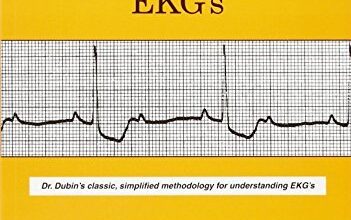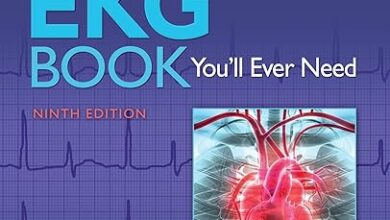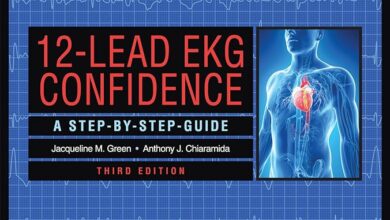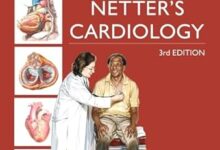Recall of Maquet Intra-Aortic Balloon Pumps – FDA Announces
Recall of Maquet Intra-Aortic Balloon Pumps – FDA Announces
The FDA has announced a voluntary recall of Maquet and Datascope intra-aortic balloon pumps. The devices were distributed from September 2017 through August 2021 and are recalled for the risk of valve failure. This risk may result in an interruption in therapy. If you or a loved one suffers from a heart problem that requires the pump, you should stop using this device immediately. If you have experienced any symptoms of premature pump failure, you should contact your doctor immediately.
The devices are used in patients undergoing cardiac surgery, but have been recalled because of battery problems. The problem is that the battery on the Maquet/Datascope intra-aortic balloon pumps can fail unexpectedly, reducing the run time of the device. As a result, patients requiring life-sustaining therapy may suffer severe injury, including amputation or death. In addition, the batteries can be hard to maintain, which can cause the device to fail completely.
Despite the serious risk of electrical failure, the risks associated with this device are very low. The pump has a long history of safety and quality issues, and the company has a track record of issuing product recalls to protect the public. It is not unusual for the company to recall a device when it becomes faulty, but this latest one is particularly concerning.
The FDA has announced a recall of Maquet intra-aortic balloon pumps because of battery issues. The pump’s battery may fail due to poor quality and reduce the run-time of the device. In some cases, the device can shut down unexpectedly and a patient could experience cardiac arrest. This can be fatal if the pump has not been replaced.
The device’s electrical test failures may be fatal. The company is conducting a voluntary recall of Maquet Datascope Intra-aortic Balloon Pumps in the United States and Europe. The CS100i is a version of the Maquet Datascope Intra-Aortic Balloon Pumps. These devices are similar to other Maquet products, but differ. The CS100i is the most common model.
The company is currently contacting affected customers to update the software. The recalled devices were distributed between March 6, 2012 and April 26, 2018. The FDA has issued a warning that a design flaw in the batteries may cause a battery to fail prematurely, which may cause serious complications. However, the device has no known connection to any of the deaths.
The CS100i is one of the recalled Maquet Intra-aortic balloon pumps. The CS100i has no problem with the product. Its recalled models include the Hybrid and Rescue models. The CS300i has been retracted as well. The company notified patients of the recalled devices.
The CS300 and Maquet IABPs are now recalled for battery failure. The CS300 and CS100i have been affected by the problem. Fortunately, the companies are working with the FDA to develop a software upgrade for all affected devices. The CS300 was recalled in November 2017, while the Rescue and Cardiosave were recalled in 2015.
Approximately 12,000 Maquet IABP devices have been recalled. The faulty solenoid driver boards are the most common cause of patient harm. Recalling Maquet IABP devices is not a large medical emergency, but it may cause serious damage if not repaired properly. Ensure that the patient receives the correct replacement device.
In order to protect patients, the recalled devices should be returned to the retailer. Moreover, the CS300 IABPs have a Li-Ion battery pack that needs more power than the solenoid driver board. The CS300 IABPs were also recalled for failure to initiate therapy. During the initial therapy, the recalled product failed to activate the balloon.
After the recall, the company also recalled Cardiosave CS300 IABPs. The CS300 IABPs were recalled because of a cancerous substance, N-nitrosodimethylamine. The recalled Maquet IABPs were used to treat patients with hypertension and heart failure.




